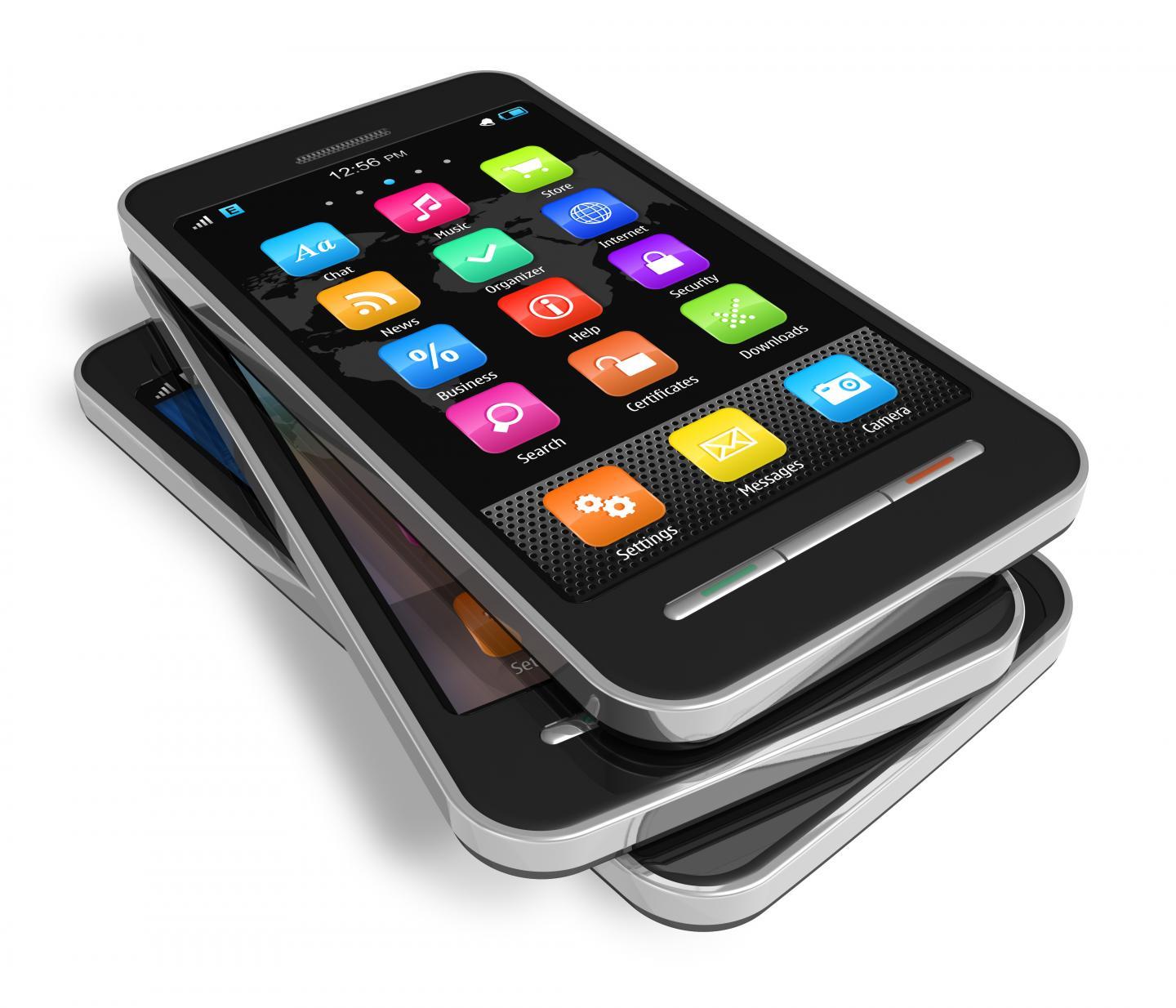Seok Kang, associate professor in the UTSA Department of Communication, collaborated with Korean researcher Jaemin Jung to study the smartphone habits of college students in the United States and South Korea. The researchers were particularly interested in the type and amount of information college students from both countries disclose. The study was published in Computers in Human Behavior.
The two countries were selected due to the high rates of smartphone ownership among their young adults. Eighty percent of Americans own smartphones while the ownership rate in Korea is about 90 percent.
Previous studies have shown that Americans are individualistic and more explicit when they communicate in comparison to South Koreans. They are also more forthcoming when expressing concerns. Meanwhile, Koreans are implicitly reserved and tend to assess their environmental climate before they reveal personal information. Kang sought to explore if this cultural difference extended to the students' mobile communication habits. He was also interested in how the users in both countries were satisfied with their smartphone use.
For nearly a year, the researchers conducted online surveys and analyzed the data of more than 1,600 students from both countries. Participants measured the amount of time they spent using their smartphones and how they used them.
American smartphone users were more likely to use their phones for email, texting and social media. Korean smartphone users were more interested in entertainment and information gathering.

Smartphones
(Photo Credit: UTSA Courtesy Photo)
"Mobile media is facilitating our communication needs more than traditional media such as television, radio or newspapers," said Kang. "It really is comprehensive and has great potential to do even more. Mobile media is standardizing our communications across the globe."
Kang joined UTSA in 2007 and has been studying digital communications since the deregulation of the telecommunications industry in the late 90s. He has published 30 journal articles and five book chapters on digital media and his articles have appeared in the Journal of Broadcast & Electronic Media, The Asian Journal of Communication and The International Journal of Mobile Communications.
He received his doctoral degree in telecommunication from the University of Georgia, his master's degree in communication from Illinois State University and his bachelor of arts degree in sociology from Sungkyunkwan University in Seoul, Korea.
In the future, Kang would like to expand his studies to compare the U.S. with other countries in South America or Europe.